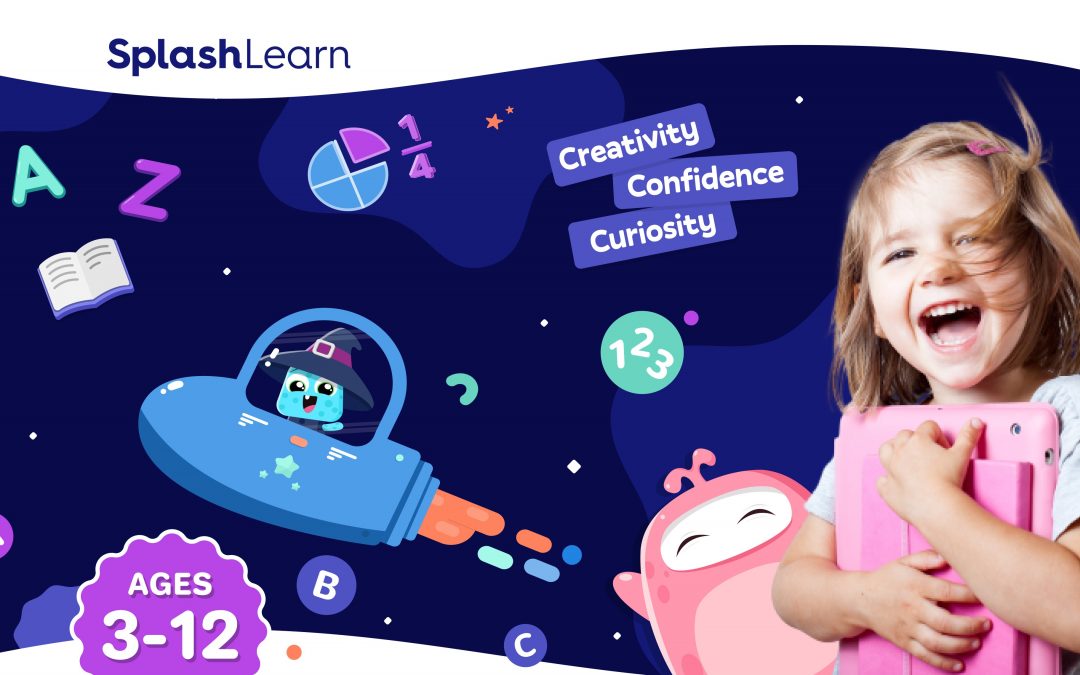Numeracy skills in South Africa have long been a topic of concern among educators, government, and parents across the country, with learners at primary and secondary schooling levels continuing to perform poorly.
According to a recent Trends in International Mathematics and Science Study (TIMSS), South African grade four students scored an average of 374 for mathematics on the TIMSS scale – far below the minimum threshold of 400 TIMSS points that declare learners as having acquired the most basic level of subject knowledge for their grade.
And while the standard pass mark for mathematics of 30% at matric level is enough to allow a student entry into a university, it’s important to point out that this does not do much to prepare students to succeed at university level.
Game-based learning presents a helpful solution to this challenge, with organisations like SplashLearn – one of the leading mathematics learning programmes in the world – encouraging a more interactive and fun approach to mathematics for learners in pre-primary and primary school.
“A lack of motivation to learn or even an inadequate learning environment are often the biggest barriers to learning at a grassroots level. SplashLearn’s game-based approach to teaching foundational skills in maths and reading solves this by making learning more fun for kids, allowing them to better grasp concepts and removing the more mundane aspects inherent in traditional teaching approaches,” says Shivad Singh, CEO of Head Start Education Technologies, the official SplashLearn licence holder in South Africa.
The platform features a range of fun Mathematics and English Language Arts (ELA) games that pre-school to grade five level learners can navigate and enjoy online, from counting blocks and comparing fractions to sight words and phonics.
Over 4,000 curriculum-aligned games and activities are available to choose from, allowing learners to learn, practice and explore at their own pace. Learning can also be personalised and fun rewards given to users as they unlock new achievements along the way. Educators and parents will also receive reports on learners’ progress.
“The programme was a great help and had lots of fun activities for our learners,” says Fa-Eez Abrahams of the Anna Foundation. “Three of our after-school centres, with a total of 30 learners altogether used the programme. The programme’s games are educational, fun, and interactive which kept our learners entertained and engaged for hours.”
SplashLearn will also be accessible for free to all learners up to grade five in primary schools within Vuma’s Fibre to Schools network – an initiative that provides schools located on Vuma’s fibre deployment routes with free 1Gbps fibre internet connectivity. This, says Singh, equates to a value of around R5,000 per learner.
“We have been using SplashLearn with our learners for some time and it is an amazing learning tool,” says Danica van Zyl, Principal at ISENSE KIDS school in Alberton. “The assignments and tasks are in line with our learning program and curriculum, and we’re incredibly grateful that it’s been made free for use for so many teachers and schools. We aim to use the program to its full potential in the near future by adding devices in the classrooms, so the learners can fully benefit from it,” she adds.
Arpit Jain, CEO SplashLearn said, “There has been tremendous learning loss due to the pandemic, especially among elementary school children. We believe this endeavour with our partners in South Africa will further our vision of building equity, access, and quality education for all.”


